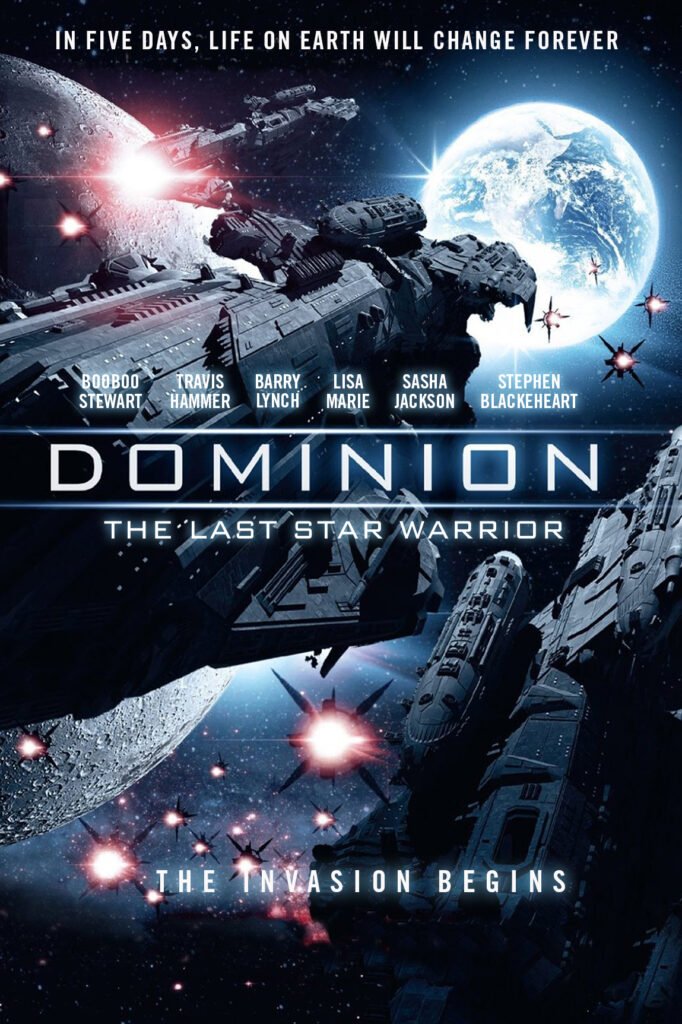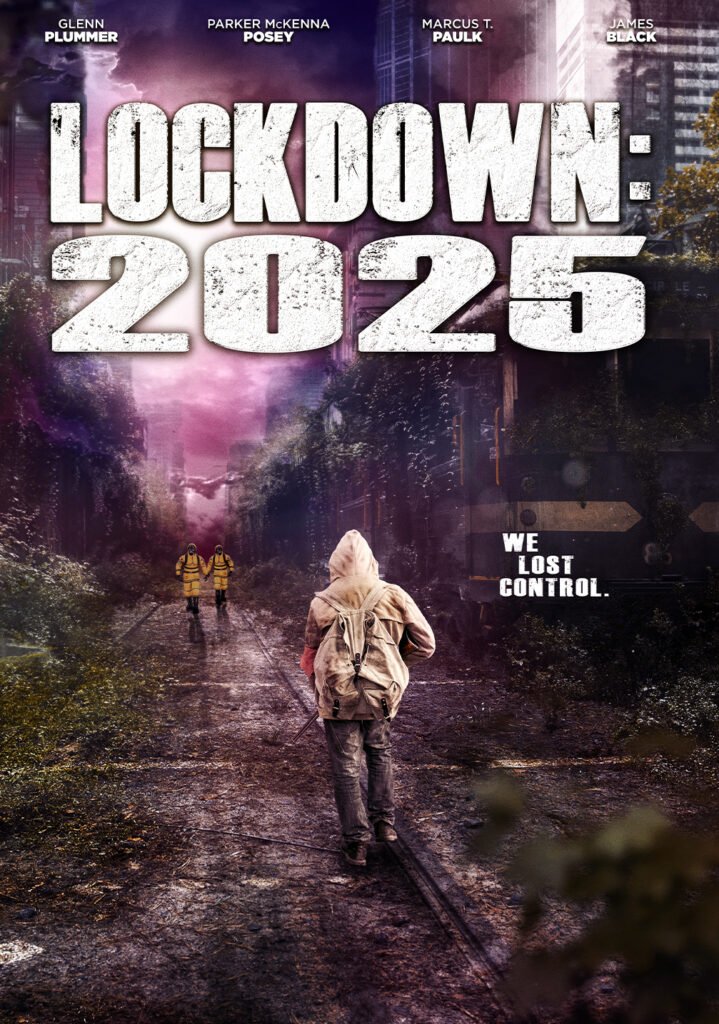Amelia 2.0
2021 in Cedar Rapids. Carter, a cop, and a school teacher named Amelia Summerland are enjoying their marriage. They plan to have children as well. Suddenly Amelia has a brain aneurism stroke and falls into vegetative state at the hospital. Carter spends next two years beside her. To get support for their medical bills he turns to Wesley Enterprises the tech giant. CEO Paul Wesley notices that. He has been working on his mind upload process but didn’t have anyone to experiment on yet, so he asks Carter if he can do it with Amelia: put her mind into computer’s memory and then place this memory into the body of android so her human body is killed.
In order to make new life for Amelia in new body successful Wesley does everything possible together with his scientists team for revival after death operation; however it comes out that she doesn’t remember anything (her memories are quirky) and first doesn’t recognize who Carter is at all. Meanwhile Republican senator Thaddeus Williams starts campaign against mind upload laws.
Amelia 2.0 was not a widely seen film but did play some minor theaters. It marked Adam Orton’s directorial debut.
Recently there has been a string of movies about artificial intelligence as concerns over AI heat up in real world. Among them are Her (2013), The Machine (2013), Automata (2014), Chappie (2015), Ex Machina (2015) Morgan (2016), Tau (2018), Zoe (2018) and tv’s Westworld (2016– ). Noticeably absent have been movies dealing with the idea of mind upload whether or not a human consciousness could be converted into data and stored on a computer or the internet somewhere. There have been few such films but they have not done well at box office nor critics liked them much either Ghost in the Machine (1993), Lawnmower Man 2: Beyond Cyberspace (1996), Transcendence (2014) and to lesser extent Replicas (2018), although the later Archive (2020) wasn’t half bad.
So far mind upload theme has been waiting for someone to come along and do it right in same way The Matrix (1999) did for virtual reality movies. Unfortunately Amelia 2.0 is not that film. It makes an attempt but writer Rob Merrit just doesn’t know how to go deep enough into these issues.
There’s a lot going on here with Mind Upload what is a personality within a machine? If so much of our emotions are responses to things outside ourselves, then what would such a machine without any biological parts have as its emotional input? Would it have feelings at all or would they just be memories of feelings stored in some file somewhere? When humans suffer from faulty memory all time long how should we think about this considering that machines could store every single memory ever recorded and even increase their knowledge through connections made over internet? This no longer resembles human thought.
It appears that Rob Merritt has not read any of the many discussions about Mind Upload theme that can be found in numerous online forums and has instead relied on a series of cliches. For example, the movie does not distinguish between Amelia 2.0 as an uploaded person and her being incarnated in an android body, though these two things would be totally different. If lifelike artificial bodies were so common, you would think they’d be more integrated into society than they are; however, according to this future (which is only five years away from when the film was made), their only purpose seems to be sex robots.
After being uploaded onto the internet and then downloaded into a new body, the film introduces us to a conservative senator who wants to ban mind upload because it’s anti-Christian. It sees his point of view as incorrect and even includes a scene at the end where he gets cancer and dies and we’re clearly meant to go “hah, you know damn well you could’ve been uploaded.”
On the other hand, [PLOT SPOILERS] here’s where what eventually happens at the end of the movie isn’t any different from what was suggested by said senator through his conservative Christian worldview. Husband Ben Whitehair goes to meet the Amelia android, smuggles his gun in and shoots her before shooting himself. His reasoning was that she wasn’t human. We don’t get any more insight into why he did this besides “what she no longer has those things which make people ‘human’ for me”.
This is the ultimate conceptual disappointment of this film. This movie “[lit wastebasket fires just to see the flames, and then instead of running and hiding threw water on them],” as Alexei & Cory Panshin put it in The World Beyond The Hill (1989) speaking about Frankenstein’s experiments in Frankenstein (1818).
In other words: it is a film that sparks an idea and then runs away from the conceptual possibilities in fear no discussion of whether what is in the machine can actually be considered human, whether some people might want to preserve their lives in such manner, how could such a machine think/feel/etc., only one man deciding on everybody’s behalf because he finds it disgusting that what comes out doesn’t look like anything anymore should be destroyed. Of course all this seems completely ignorant about what most computer designers would do create multiple backups, which is exactly what we see in the final coda.
For More Movies Visit Putlocker.







